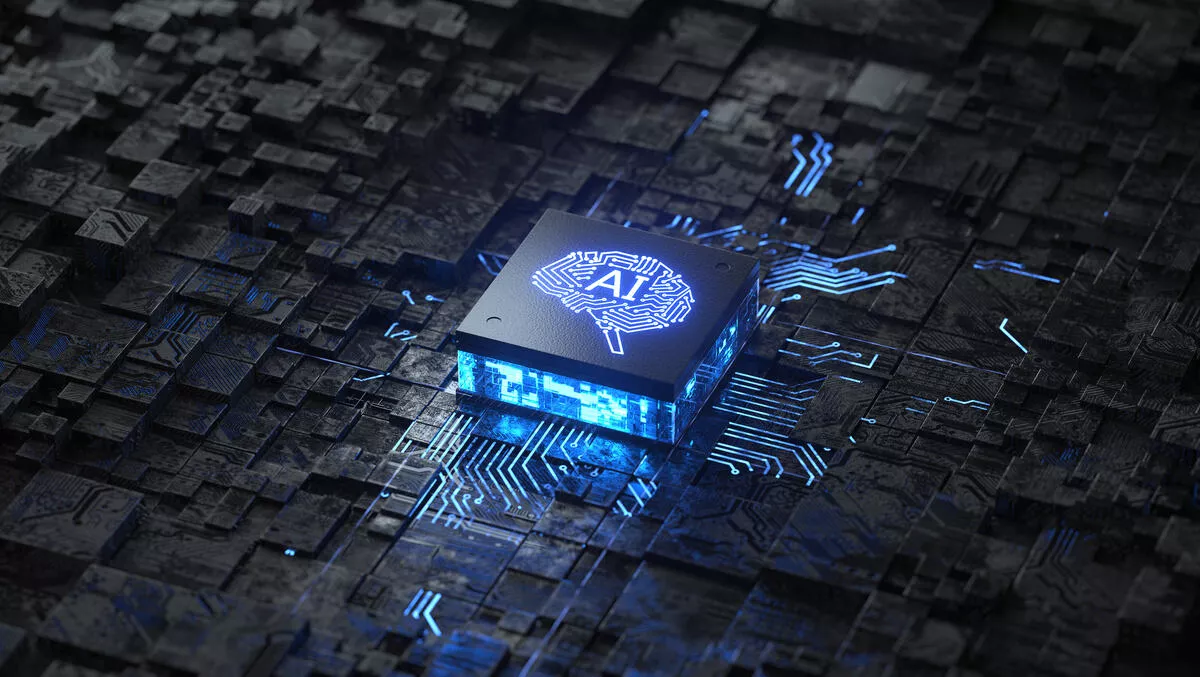Combining the Internet of Things with Artificial Intelligence, electromobility and green hydrogen are the way forward, according to Bosch.
Bosch is combining the Internet of Things with AI and believes electromobility will allow it to develop new business opportunities on the back of what it says is profound technological and ecological changes currently occurring.
"Bosch came through the first year of the coronavirus pandemic well," says Dr. Volkmar Denner, chairman of the board of management of Robert Bosch GmbH.
"We are one of the winners in the transition to electromobility, and we are significantly expanding our software business by tying in artificial intelligence," he says.
In powertrain technology, electromobility is establishing itself as Bosch's core business.
Denner says that the company is making heavy upfront investments in this area a further 700 million euros this year alone. Up to now, its upfront investments in electromobility total five billion euros.
Currently, Bosch sales revenue from electrical powertrain components is growing twice as fast as the market, at almost 40 percent. The aim is to increase annual sales fivefold to a total of some five billion euros by 2025 and to break even one year earlier.
"Electromobility has long since ceased to be a bet on the future. Our upfront investments are now beginning to pay off," Denner says.
"Overall, Bosch had acquired orders worth over 20 billion euros by the end of 2020."
Bosch aims to leverage the competitive advantage it derives from its wealth of experience in combining connectivity and artificial intelligence to generate future business and become a leading AIoT company.
Bosch foresees that AI-enabled products will generate sales worth billions of euros over the next few years. Sales of connectivity-enabled devices for the home are expected to double: from four million last year to around eight million units in 2021.
In addition, Bosch wants to use AI to evaluate data relating to how its customers use its products, and in this way to provide software updates that create new functions and services for those customers.
Connecting things leads to knowledge about how things are used," says Denner.
"This lets us continuously improve our products, keep them up to date, and provide our customers with more benefits.
"In the field of video security, for example, video analysis based on neural networks opens up new possibilities. To this end, Bosch is integrating detectors both into new cameras and into an AI box that can be connected to installed devices," he says.
"The first application is a traffic detector that will initially be able to detect and locate vehicles precisely in busy traffic situations, even under difficult lighting conditions. The more data that flows into the customer application, the more AI will be able to do, including accurate accident detection."
Bosch is also focusing on a growth market for the hydrogen megatrend. The company believes the market for green hydrogen in the EU will be worth almost 40 billion euros by 2030 with annual growth rates of 65 percent. Fuel cells convert hydrogen into electricity, and Bosch is developing both stationary and mobile fuel-cell solutions.
From 2021 to 2024, Bosch plans to invest one billion euros in fuel-cell technology.
"Bosch is already H2-ready," Denner says.
"The plan is to put 100 stationary fuel-cell plants into operation this year. They will supply electricity to users such as data centers, industrial manufacturers, and residential areas," he says.
Bosch estimates that the market for mobile fuel-cell components will be worth around 18 billion euros by the end of the decade.
Denner says Bosch is in a good position here.
"We have what it takes to be a leader in this market as well. Bosch recently entered into a joint venture with Chinas Qingling Motor Group to produce fuel-cell powertrains. A test fleet of 70 trucks is set to be on the roads before the end of this year," he says.
Bosch is pressing ahead with its own climate action targets as planned. Now that the climate-neutral status of the Bosch Group, with its more than 400 locations worldwide, has been certified, Bosch is giving concrete shape to its plans for what is known as Scope 3.
By 2030, it aims to reduce carbon emissions by 15 percent from their 2018 level along its entire value chain, from suppliers to customers a reduction of 67 million metric tons of carbon dioxide emissions.
"Our efforts are sure to drive our product portfolio in the direction of energy efficiency or even technology change," says Denner.
"In the future, a suppliers or logistics providers carbon footprint will be one of the criteria for awarding new procurement contracts. In terms of mitigating global warming, this will pay off."



